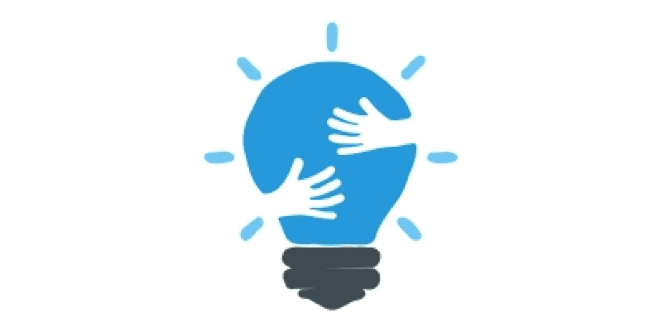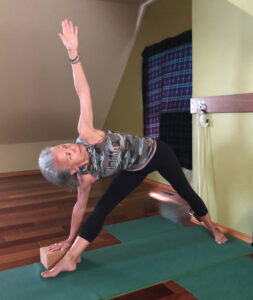In this era of interconnected, volatile, uncertain, complex and ambiguous (iVUCA) challenges, disruptive products and services are much sought after. These innovative devices, ideas or processes disrupt existing methods by creating entirely new markets for solving the challenges emerging in our daily lives.
Wikipedia, the free online encyclopedia, was a disruptive innovation given its major impact on both the traditional, for-profit printed paper encyclopedia market (Encyclopedia Britannica) and the for-profit digital encyclopedia market (Encarta). The English Wikipedia provides over 5 million articles for free; in contrast, a $1,000 set of Britannica volumes had 120,000 articles.
More recently, CBC Radio showcased a number of innovative thinkers on its new program titled The Disruptors. These creative inventors acquired the label of disruptor because their thinking was not merely a linear progression of previous knowledge. Rather, as a result of their inventiveness, society zigzagged or leapfrogged into using a new product or viewing life through an entirely new lens or paradigm. Arguably, one of the most controversial is political disruptor Donald Trump who “broke all the rules to victory.”
Of interest to me is the new “disruptor on the block” — intuition — which is also breaking rules relative to leadership style and decision making. Unfortunately, attempts to define this form of intelligence reveal its confounding nature.
- the ability to acquire knowledge without proof, evidence, or conscious reasoning, or without understanding how the knowledge was acquired. wikipedia.org
- knowledge or belief obtained neither by reason nor by perception … instinctive knowledge or belief, a hunch or unjustified belief. dictionary.com
- gut feelings … psychologists now offer [as] a mental matching game. The brain takes in a situation, does a very quick search of its files, and then finds its best analogue among the stored sprawl of memories and knowledge. Carlin Flora, Psychology Today, 2007
- a clear understanding of collective intelligence … emergence of a common wisdom, that is, web sites are today organized in an intuitive way, which means they are easy for most people to understand and navigate. Bruce Kasanoff, Intuition Is the Highest Form of Intelligence, 2017
Is intuition, as suggested above, merely a “mental match” or is there a more mysterious explanation for its operation? And, why has intuition become so fundamental when mainstream society once considered it “flakey”, unreliable, and — if even real — then only the property of women? If we can answer the latter question, maybe it is also possible to answer the first.
During his lifetime, Albert Einstein (1879-1955) stated, “The intuitive mind is a sacred gift and the rational mind is a faithful servant. We have created a society that honors the servant and has forgotten the gift.” Although Einstein acknowledged his disruptive intuitions emerged from his meditation practice, it has taken mainstream society over half a century after his death to embrace intuition.
Rather than listen to Einstein and adapt our ways, we waited until the crisis and chaos of our iVUCA or New Normal global experience drove us to change our beliefs and behaviours. When something previously abnormal (i.e., urban homelessness; massive refugee migration) becomes commonplace, a disruption is implied. We are pressed to disrupt our previous patterns and create new ones.
In order to resolve the New Normal challenges, old ways of doing must be disrupted by never-tried-before solutions. Past solutions no longer apply in these new scenarios possibly because they typically emerged from our emphasis on rational data and facts. However, when confronted with a new set of circumstances, the ensuing uncertainty can only be worked through with gut feelings, exploration and experimentation.
In these times of uncertainty, trusting our intuition taps into a deeper and wiser intelligence than mere logic. As someone who relies quite extensively on intuition to provide direction, I am inclined to view intuition as an organizing principle that allows me to understand not only myself but also the Universe. Furthermore, some schools of thought believe our intuitive experience is this organizing principle or universal intelligence channeled through us. Hence, the mystery surrounding intuition, particularly given no one has been able to logically prove or refute this possibility.
Over the past decade, intuition has become an essential leadership skill, which has prompted society to recognize it as a natural ability within everyone.
Often you have to rely on intuition.” … Facts are the “math” of decision-making while
intuition is the “art”. Bill Gates
What is required, as with any skill or ability, is to listen for it and then act upon its creative solutions.
What gut feeling have you recently become aware of? What step can you take to move in its suggested direction?
For more on intuition and disruptive thinking, click here.





